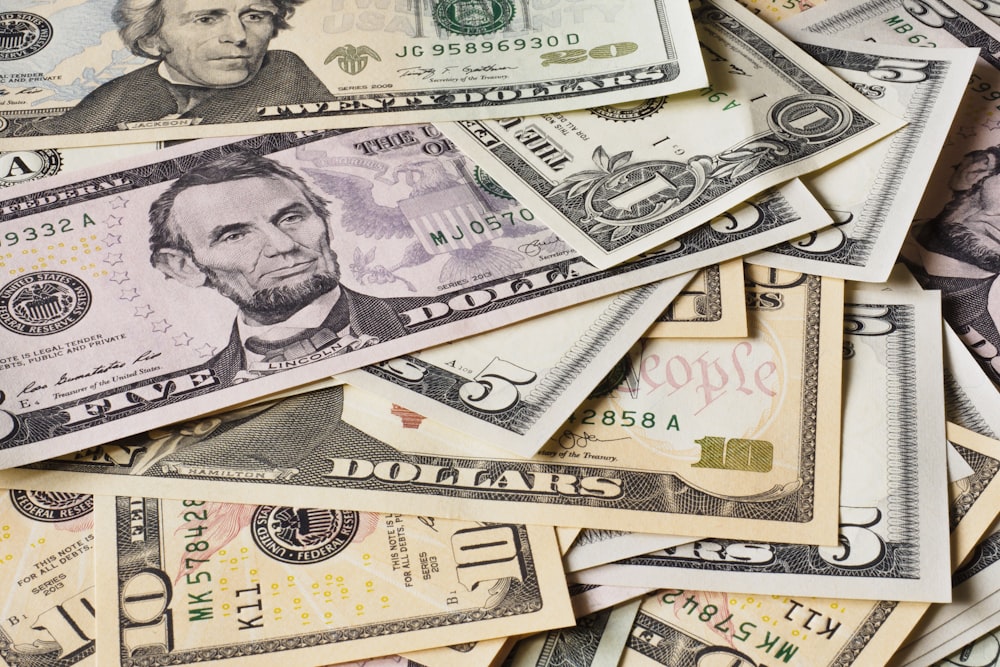As the world continues to grapple with the impact of COVID-19, its impact on the world of small business cannot be understated. While some businesses have flourished during this time, others have faced a direct hit that impacts the company’s bottom line and the lives of its employees.
Thankfully, stimulus packages and government programs are beginning to take effect that are designed to combat and soften the financial blow that many are going to face in the coming weeks. There are two new options being presented to small businesses in the face of the novel coronavirus: EIDL and PPP.
Economic Injury Disaster Loan 
The Economic Injury Disaster Loan (EIDL) allows small businesses in all US states, territories, and Washington, D.C. to apply for an advance of up to $10,000. This approach is meant to provide immediately relief provided to small businesses after a successful application. It’s important to note that this loan advance will not have to be repaid. However, the EIDL itself has an interest rate of 3.75% for small businesses and 2.75% for nonprofits.
This program is designed to be used by businesses with fewer than 500 employees, private non-profit organizations, or 501(c)(19) veterans organizations impacted by COVID-19. Once your business has been approved, the EIDL funds will be distributed and available within days.
Payroll Protection Program 
The Payroll Protection Program (PPP) is designed to help businesses keep their workforce employed during the COVID-19 crisis. The SBA will forgive these loans if all employees are kept on the payroll for eight weeks and the funds are spent on payroll, rent, mortgage interest, or utilities. A PPP loan has a maturity of 2 years and an interest rate of 1 percent while a six month deferral is also being included to allow businesses ample time to recover. It’s important to note, the loan will be fully forgiven if at least 75% of the forgiven amount has been used for payroll. Forgiveness is based on an employer maintaining its workforce or quickly rehiring employees and maintaining salary levels and wages. If an employer fails to uphold these expectations, forgiveness will be reduced.
If you believe that your business fits the eligibility requirements, applications can be filed through any existing SBA 7(a) lender or a federally insured depository institution, federally insured credit union, and Farm Credit System institution participating in the program. If you are unsure of an institution’s participation status, feel free to consult your local lender for more information.
To speak more on the subject, serial entrepreneur Chad Jenkins joins us to speak more about the options to help explain and assist in identifying which solution is appropriate for your company.
Frequently Asked Questions
Can EIDL assistance be forgiven?
Yes, an EIDL loan can be refinanced under a PPP loan dependent on the timing of the EIDL loan.
Are there any restrictions?
Yes. If you want full forgiveness, refer to the previous paragraphs about proper use of the funds. Additionally, you cannot use an EIDL to refinance pre-existing debt or pay dividends. These funds should be used for payroll and other direct forms of business support needed as a result of the pandemic.
Can a CPA charge me to file for a PPP loan?
No. Under the Coronavirus Aid, Relief, and Economic Security (CARES) Act, CPAs are prohibited from collecting fees from small business clients that they assist in the application process.
What other charges should I expect?
There are no additional fees directly associated with applying for these loans. However, your accountant or tax professional may charge fees for their assistance.




